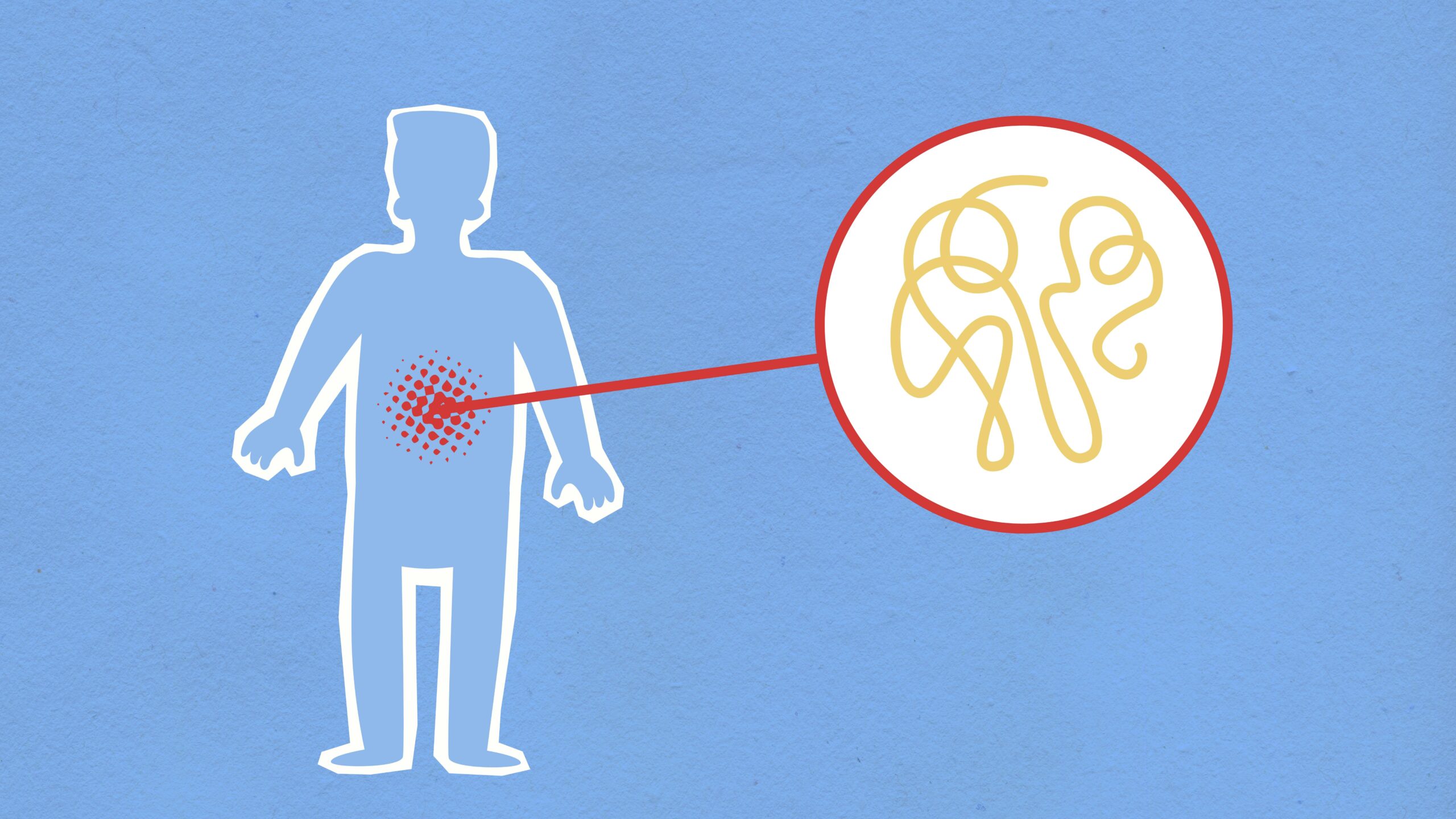Modern biotechnology grants humanity unprecedented control over life itself, raising profound questions about our moral boundaries and responsibility when manipulating the fundamental building blocks of existence.
🧬 The Dawn of Biological Sovereignty
We stand at a pivotal moment in human history where the tools of creation once attributed exclusively to nature or divine forces now rest firmly in laboratory hands. Gene editing technologies like CRISPR-Cas9, synthetic biology platforms, and artificial intelligence-driven protein design have transformed theoretical possibilities into practical realities. Scientists can now rewrite genetic code with remarkable precision, create entirely synthetic organisms, and potentially eliminate hereditary diseases that have plagued humanity for millennia.
This extraordinary power compels us to examine the ethical dimensions of biological manipulation with unprecedented urgency. The phrase “playing God” carries significant cultural weight, evoking both excitement about human potential and anxiety about overstepping natural boundaries. Yet this metaphor, while evocative, may oversimplify the complex moral landscape we must navigate as we reshape living systems.
The biotechnology revolution affects everyone, regardless of their scientific literacy or personal beliefs. From the food we consume to the medicines we depend upon, from conservation strategies to agricultural practices, biological engineering increasingly influences daily life. Understanding the ethical implications isn’t merely an academic exercise—it’s a civic necessity for informed participation in decisions that will define our collective future.
⚖️ Where Science Meets Conscience
The ethical framework surrounding biological manipulation extends far beyond simple prohibitions or permissions. It encompasses questions of consent, equity, ecological responsibility, and long-term consequences that span generations. When we alter the human germline—changes that pass to offspring—we make decisions affecting people who cannot voice their preferences. This temporal dimension adds profound complexity to ethical deliberation.
Traditional bioethics principles like autonomy, beneficence, non-maleficence, and justice provide essential starting points, but biological engineering introduces scenarios these frameworks weren’t designed to address. How do we apply individual autonomy to decisions affecting entire species? What constitutes harm when preventing a genetic disease might simultaneously eliminate beneficial genetic diversity? These questions demand evolving ethical models.
The Spectrum of Intervention
Not all biological manipulations carry equal ethical weight. Most ethicists distinguish between therapeutic interventions aimed at treating disease and enhancement modifications designed to augment normal function. A genetic correction preventing cystic fibrosis occupies different moral territory than engineering increased intelligence or athletic ability. Yet even this distinction blurs upon examination—is correcting severe myopia therapeutic or enhancement? What about preventing age-related cognitive decline?
Context matters enormously. Genetically modifying mosquitoes to prevent malaria transmission involves different stakeholders and considerations than engineering drought-resistant crops or creating bioluminescent houseplants. Each application requires separate ethical analysis accounting for specific risks, benefits, affected parties, and alternatives.
🌍 Playing God or Playing Responsible Steward?
The “playing God” accusation implies hubris and dangerous overreach, suggesting humans lack the wisdom to wield such power responsibly. This perspective often emphasizes humility before natural systems we don’t fully understand and caution about unintended consequences. History provides ample warnings—from thalidomide to DDT—about confident interventions producing catastrophic unforeseen effects.
However, framing biological engineering exclusively as transgressive hubris overlooks important counterarguments. Humans have selectively bred plants and animals for thousands of years, fundamentally altering organisms through indirect genetic manipulation. Modern techniques offer greater precision and speed, but represent evolution rather than revolution in humanity’s relationship with biology. Moreover, choosing not to act carries its own moral weight when inaction perpetuates preventable suffering.
Some theologians and philosophers argue that rather than “playing God,” responsible biological engineering represents humanity fulfilling its stewardship role—using intelligence and creativity to heal, protect, and improve life. This perspective emphasizes discernment and wisdom over absolute prohibition, calling for thoughtful application rather than blanket rejection of powerful tools.
The Precautionary Principle Paradox
The precautionary principle—that actions with uncertain but potentially catastrophic consequences should be avoided—seems obviously applicable to biological engineering. Yet strict application would paralyze beneficial innovation. Every medical advance involves risk; many now-standard treatments initially faced similar objections we level at genetic engineering today.
Balancing precaution with progress requires risk-benefit analysis acknowledging both immediate dangers and opportunity costs. A child dying from a genetic disease represents not abstract future harm but present tragedy. Parents facing such situations often view experimental treatments differently than theoretical ethicists. This doesn’t make precaution unnecessary, but suggests it must be calibrated contextually rather than applied universally.
💉 Medicine: The Clearest Moral Case?
Medical applications of biological engineering typically generate the strongest ethical consensus. Few object to using genetically modified bacteria to produce insulin or employing gene therapy to treat rare inherited disorders. The therapeutic intent, targeted application, and clear benefit-harm calculus make these interventions relatively uncontroversial.
However, even medical applications raise complex questions. Germline editing—modifying reproductive cells so changes pass to descendants—remains contentious despite potential to eliminate hereditary diseases. The 2018 creation of gene-edited babies in China sparked international condemnation, not because of the technology itself but because it was applied prematurely, without sufficient safety evidence or proper ethical oversight.
This incident highlighted crucial distinctions between technical capability and responsible implementation. The CRISPR technology used was well-established, but applying it to human embryos that developed into children crossed ethical boundaries most experts agreed weren’t yet appropriate. Timing, transparency, and proper governance matter as much as the science itself.
Equity and Access Concerns
Advanced genetic therapies currently cost hundreds of thousands or even millions of dollars, accessible only to wealthy patients in affluent nations. This raises justice concerns: if biological engineering produces significant health advantages, will it widen already troubling health disparities? Could genetic enhancement create a biological aristocracy, where socioeconomic advantages become literally encoded in DNA?
These equity concerns extend globally. Biotechnologies developed in wealthy nations for diseases affecting affluent populations may neglect conditions primarily impacting developing countries. Ensuring biological engineering serves humanity broadly rather than privileging the already advantaged requires deliberate policy interventions and commitment to equitable access.
🌾 Agricultural Biotechnology: Feeding the World or Playing with Fire?
Genetically modified crops represent biology’s most widespread commercial application, yet remain deeply controversial. Proponents emphasize increased yields, reduced pesticide use, and enhanced nutritional content—crucial advantages for feeding a growing population amid climate change. Critics raise concerns about corporate control of food systems, potential ecological disruption, and inadequate long-term safety testing.
The debate often generates more heat than light, with both sides sometimes prioritizing rhetorical victory over nuanced understanding. Evidence accumulated over decades suggests currently approved GM crops pose minimal health risks and can deliver significant agricultural benefits. However, legitimate concerns about monoculture farming, biodiversity loss, and corporate consolidation deserve attention separate from the technology itself.
Future agricultural biotechnology promises even more dramatic interventions: nitrogen-fixing cereal crops reducing fertilizer dependence, drought-tolerant varieties enabling cultivation in marginal lands, and biofortified foods addressing nutritional deficiencies. Each innovation requires careful assessment balancing potential benefits against ecological and social risks.
🦋 Conservation: Resurrecting the Past, Engineering the Future
Biological engineering offers potentially revolutionary conservation tools, from de-extinction efforts recreating vanished species to assisted evolution helping organisms adapt to rapid environmental change. Gene drives—genetic elements that spread rapidly through populations—could eliminate invasive species or disease vectors threatening ecosystems.
These applications occupy morally complex territory. Is recreating woolly mammoths through genetic engineering a legitimate conservation strategy or expensive distraction from protecting existing endangered species? Does deliberately driving a mosquito species to extinction to prevent malaria constitute justified intervention or dangerous ecological manipulation?
Conservation biology traditionally emphasizes preserving “natural” systems, but this concept becomes problematic in an era where human influence pervades every ecosystem. If we’ve already fundamentally altered the environment through climate change, habitat destruction, and species introductions, does using biotechnology to mitigate these impacts represent additional interference or responsible remediation?
The Rewilding Question
Some conservationists propose using genetic engineering to restore extinct species or create functional ecological equivalents. Resurrecting passenger pigeons or using elephant relatives as woolly mammoth surrogates raises fascinating possibilities for ecosystem restoration. However, these approaches face practical and ethical challenges: recreated species wouldn’t be identical to originals, suitable habitat may no longer exist, and resources might be better spent protecting currently endangered species.
🧠 Human Enhancement: The Most Controversial Frontier
Using biological engineering to enhance normal human capabilities rather than treating disease provokes the strongest ethical objections. Concerns include exacerbating inequality, changing human nature in problematic ways, and creating societal pressure to undergo enhancement. The specter of eugenics—scientifically discredited but historically devastating programs of forced genetic selection—haunts these discussions.
Yet humans have always sought enhancement through education, training, nutrition, and technology. Eyeglasses enhance vision; vaccines enhance immunity; caffeine enhances alertness. Why would genetic or biological enhancements differ fundamentally? Advocates argue enhancement represents human self-determination—people shaping themselves according to their values and aspirations.
The counterargument emphasizes differences in permanence, scope, and social implications. Genetic enhancements might be irreversible, affect all aspects of a person’s life, and create competitive pressures transforming choices into necessities. A society where genetic enhancement becomes expected for success could undermine human dignity and authentic self-determination.
🔬 Governance and Oversight: Who Decides?
Given biological engineering’s profound implications, determining who makes decisions about its application becomes critically important. Scientists possess technical expertise but shouldn’t unilaterally decide ethical boundaries. Democratically elected governments represent public values but may lack scientific understanding or respond to misinformation. International coordination is necessary given biology’s global nature, but achieving consensus across cultures with different values proves extraordinarily difficult.
Most developed nations have established bioethics committees, regulatory frameworks, and review processes for biological research and applications. However, these systems face challenges: rapid technological advance outpacing regulation, commercial pressures incentivizing inadequate caution, and international disparities enabling “ethics tourism” where scientists pursue prohibited work in permissive jurisdictions.
Effective governance requires transparency, public engagement, adaptive regulation, and international cooperation. Scientists must communicate clearly about their work, possibilities, and limitations. Public dialogue should include diverse voices beyond technical experts. Regulations must evolve with technology while providing clear boundaries. International agreements should establish minimum standards while respecting cultural differences.
🎯 Finding the Ethical Path Forward
Rather than blanket prohibition or unconstrained experimentation, responsible biological engineering requires contextual wisdom. Some applications clearly benefit humanity with manageable risks; others pose dangers outweighing potential gains; most occupy ambiguous middle ground requiring careful deliberation.
Several principles can guide ethical decision-making: prioritize therapeutic over enhancement applications; ensure equitable access to benefits; maintain transparency and public engagement; proceed incrementally with careful monitoring; respect diverse cultural and religious perspectives; protect vulnerable populations; and preserve genetic diversity as a hedge against uncertainty.
We must also cultivate appropriate epistemic humility—acknowledging the limits of our understanding while not using uncertainty as justification for inaction when suffering is preventable. Biological systems display remarkable complexity; unintended consequences remain possible however careful our planning. Yet complete understanding isn’t necessary for responsible action, and waiting for perfect knowledge ensures continued preventable harm.

🌟 Embracing Responsibility, Not Divinity
The “playing God” framework may ultimately mislead more than illuminate. Humans aren’t usurping divine prerogatives but exercising capacities that have always defined our species: using intelligence to modify our environment and ourselves. What’s changed isn’t the nature of this activity but its scale, precision, and potential impact.
The appropriate question isn’t whether we should “play God” but how we exercise our growing biological capabilities responsibly, wisely, and justly. This requires ongoing ethical reflection, robust governance, public engagement, and humility about our limitations. It demands balancing precaution with compassion, innovation with wisdom, and individual freedom with collective welfare.
Biological engineering offers extraordinary opportunities to reduce suffering, restore damaged ecosystems, feed growing populations, and expand human potential. It also carries real risks of ecological disruption, social inequality, and unintended consequences. Navigating this landscape successfully requires neither naive optimism nor reflexive prohibition, but rather thoughtful discernment exercised collectively through democratic deliberation and international cooperation.
The power to reshape life isn’t something humanity sought or can relinquish. It emerged from scientific inquiry and technological development that have characterized human civilization. Our responsibility now is using this power wisely, ensuring biological engineering serves broad human flourishing rather than narrow interests, and maintaining the humility to acknowledge when we should exercise restraint despite our capabilities. This challenging path forward demands our most careful ethical thinking and our deepest commitment to justice, wisdom, and the common good.
Toni Santos is a deep-biology researcher and conscious-evolution writer exploring how genes, microbes and synthetic life inform the future of awareness and adaptation. Through his investigations into bioinformatics, microbiome intelligence and engineered living systems, Toni examines how life itself becomes a field of awakening, design and possibility. Passionate about consciousness in biology and the evolution of living systems, Toni focuses on how life’s architecture invites insight, coherence and transformation. His work highlights the convergence of science, philosophy and emergent life — guiding readers toward a deeper encounter with their living world. Blending genetics, systems biology and evolutionary philosophy, Toni writes about the future of living systems — helping readers understand how life evolves through awareness, integration and design. His work is a tribute to: The intertwining of biology, consciousness and evolution The emergence of microbial intelligence within and around us The vision of life as designed, adaptive and self-aware Whether you are a scientist, thinker or evolving being, Toni Santos invites you to explore the biology of tomorrow — one gene, one microbe, one awakening at a time.




